Wheel Balancing
January 22, 2013
So you love our job, and your family life is great: You have achieved balance. But can you the same for your wheels? You can tell if your tires are out of balance by vibrations at higher speeds. If one of the front tires is out, you feel the vibration in the steering wheel. If it's a back tire, you'll feel the vibration in your seat.
Tires and wheels are pretty heavy. When a tire is mounted on a wheel, it is usually not perfectly balanced. So the tire technician will spin the tire on a machine to determine where it's too heavy. He will then place weights on the wheels in strategic locations to balance it out. When a tire is out of balance, it actually bounces down the road instead of rolling smoothly. Since the average size tire rotates at about 850 revolutions per minute at 60 MPH, it is actually slamming into the pavement 14 times a second. That's where you get your vibration.
Most people are surprised at how smoothly their car rides after balancing all four wheels.
Most high-quality tires hold their balance pretty well. They just get out of balance gradually with normal wear and tear. If you suddenly feel a vibration, it is probably because you lost a wheel balancing weight along the way. Definitely get a balance if you feel a vibration, change your rims or have a flat repaired. Putting off a needed balance job leads to excessive tire wear, wear to your shocks, struts, steering and suspension parts. wheel balancing not only improves your ride and handling, but also can save you some big repair bills and possibly an accident. Additionally, you will get better gas mileage.
Some people have their tires balanced at every rotation. Others do it every other time. Check your owners' manual for your requirements, or ask your technician. Doing thus will put you on the path to mechanical wheel balance
.
Need Service?
More articles from Gary Knurek, Authorized GoodYear Dealer

Don?t Be Hosed (Radiator Hose Replacement)
February 22, 2026
If you are like most drivers, you dont worry too much about what shape your radiator hoses are in. But they are a vital part of your coolant system, helping carry engine coolant from the hot engine to where it is cooled off in the radiator. When the cooling system has a problem, you will likel... More

You Are the Fluid Detective! (Leaking Fluids)
February 15, 2026
When you see some liquid sitting underneath your vehicle, your mind starts churning. Is that normal? Is that something serious, or did I just spill my drink? Heres a quick list of what those fluids look, smell and feel like, as well as what they might be. No, we dont recommend you taste them to ... More

Gearing Up (Differential Fluid Service)
February 8, 2026
You may have never thought about it, but when you turn a corner, the wheels on one side of your vehicle turn at a different speed than the other side. What is this magic? The answer is something called the differential. A differential is a gear box placed between the drive wheels and needs lub... More









